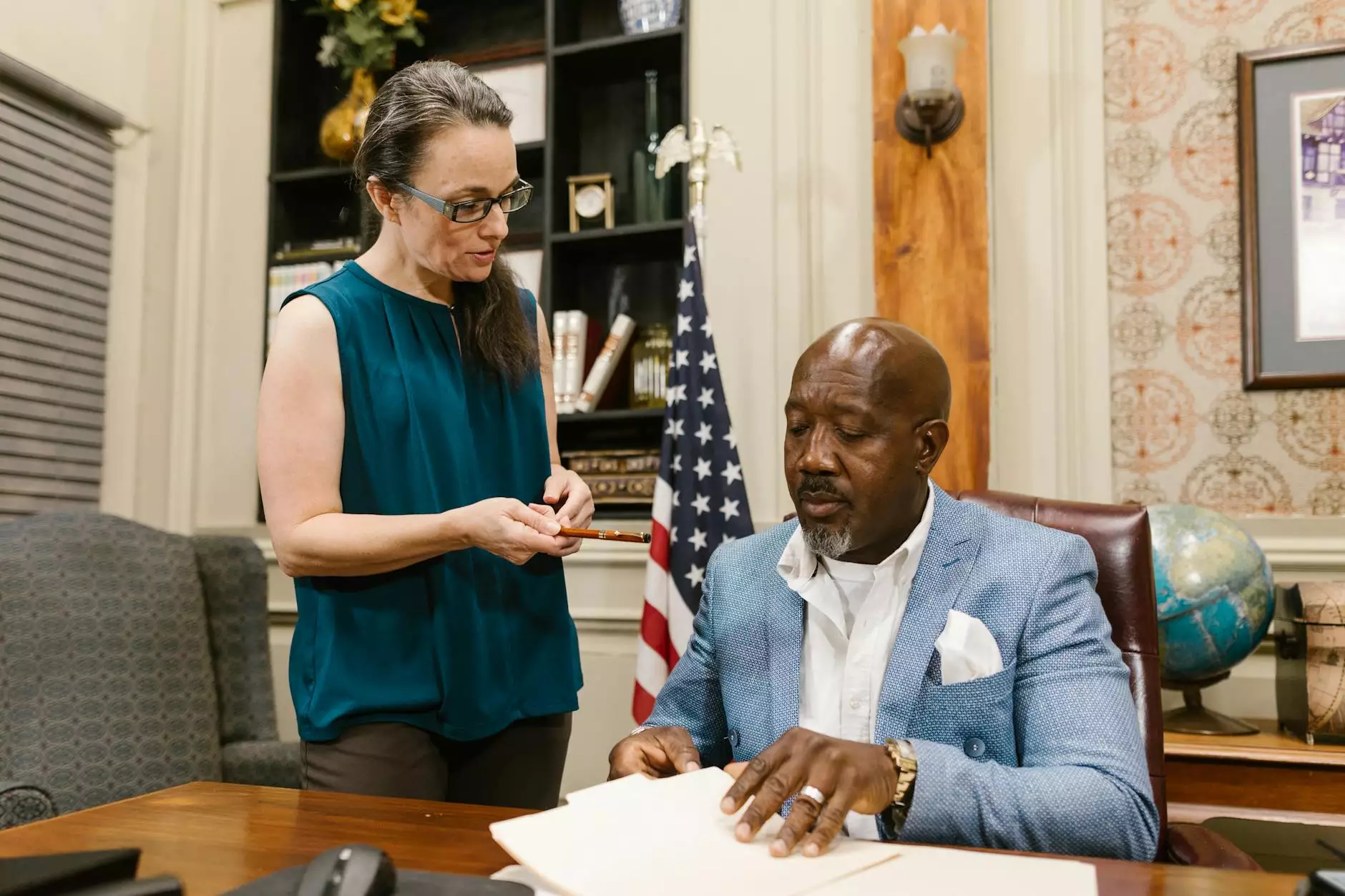The FBI 302: An Archaic, and Sometimes a Truth-Altering ...
Blog
Introduction
Welcome to The Skiendziul Law Firm, your trusted source for legal insights in the field of Law and Government - Legal. In this article, we delve into the intriguing world of FBI 302 forms, examining their role, their archaic nature, and their potential impact on the truth. Join us on this journey as we explore the significance of these documents in legal cases.
Understanding FBI 302 Forms
FBI 302 forms are an integral part of the US Federal Bureau of Investigation's investigative process. These forms serve as summaries of interviews conducted by FBI agents during their investigations. The purpose of the 302 forms is to document the conversations, statements, and observations made during these interviews, providing an account of the information obtained.
However, despite their apparent importance, one cannot overlook the archaic nature of FBI 302 forms. These documents are often handwritten, making them susceptible to human errors, misinterpretations, and selective reporting. The reliance on manual transcription leaves room for inaccuracies, which can potentially alter the truth presented in the statements provided by witnesses or suspects.
Role in Legal Cases
FBI 302 forms play a crucial role in legal proceedings. They are often submitted as evidence in court, providing a basis for the testimony and statements made during investigations. The content within these forms can influence the perception of truth and impact the outcome of a case.
The Archaic Nature of FBI 302 Forms
As previously mentioned, FBI 302 forms suffer from inherent limitations due to their archaic nature. Handwritten notes, potential transcription errors, and selective reporting can lead to a distortion of information. This archaic format may compromise the accuracy and reliability of statements contained within the document, significantly impacting the search for truth.
Inherent Inaccuracies
The manual transcription process of FBI 302 forms can introduce inaccuracies. Handwritten notes may be misinterpreted or missed entirely during the transcription phase. Even minor errors can have significant consequences in the interpretation of statements. These inherent inaccuracies pose a challenge when relying solely on FBI 302 forms as evidence in legal cases.
Selective Reporting
Another concern regarding FBI 302 forms is the potential for selective reporting. Agents responsible for writing these forms might prioritize certain details while omitting others. This selectivity can result in an unbalanced representation of the information provided, potentially altering the truth or creating biases that hinder a fair and accurate assessment of a case.
FBI 302s and Their Impact on the Truth
The archaic nature of FBI 302 forms and the potential for inaccuracies and selective reporting inevitably raise questions about their impact on the truth. While these documents serve as a valuable source of information, the limitations associated with them must be carefully considered.
Relying on Additional Evidence
Given the potential shortcomings of FBI 302 forms, it is crucial to seek and evaluate additional evidence to establish a comprehensive and accurate understanding of the facts. Corroborating evidence, witness testimonies, and expert analysis can provide a more robust foundation for legal arguments and counterbalance any potential biases introduced by the form's limitations.
Conclusion
In conclusion, FBI 302 forms are both essential and imperfect components of the investigative process. Acknowledging their archaic nature and potential for truth-altering consequences is crucial to maintaining a fair legal system. As The Skiendziul Law Firm, we strive to provide you with deep insights into the inner workings of the legal system, ensuring that you are equipped with the knowledge necessary to navigate complex cases. Trust in our expertise and count on us to guide you through the intricacies of the law.



